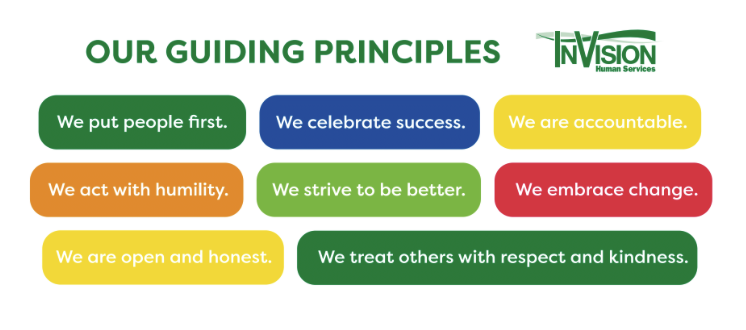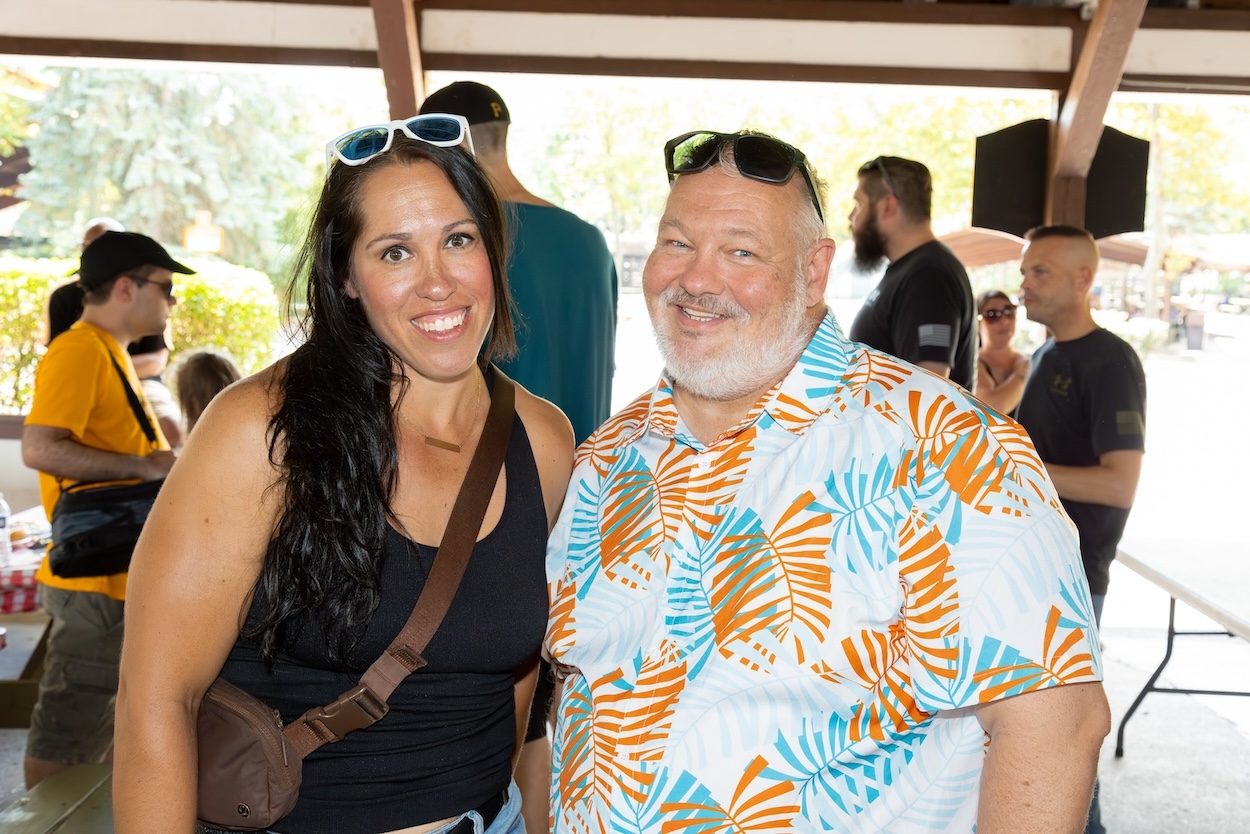The InVisionary

 A growth mindset is the belief that skills and talents can be developed through hard work, strategic planning, and guidance from others. As conceived by Stanford psychologist, Carol Dweck, it is the idea that our basic qualities, such as intelligence, can be improved through dedication and perseverance. People with growth mindset view experiences – including challenging situations – as learning opportunities.
A growth mindset is the belief that skills and talents can be developed through hard work, strategic planning, and guidance from others. As conceived by Stanford psychologist, Carol Dweck, it is the idea that our basic qualities, such as intelligence, can be improved through dedication and perseverance. People with growth mindset view experiences – including challenging situations – as learning opportunities.The opposite of a growth mindset is a fixed mindset; a limited belief that we either have the capacity to succeed or not. This can also become something of a self-fulfilling prophecy. If we believe that we aren’t as good as those around us, we are limiting ourselves to that belief. This can lead to rejecting change, viewing ourselves as incapable or incompetent, and leading ourselves to isolation and feeling stuck. When people are feeling lonely, powerless and disconnected, it can seem impossible to change.
 At InVision Human Services, we believe in our ability to help the people we support grow and lead meaningful lives. However, telling the people we support that we believe this isn’t enough – and it certainly isn’t something that we can do for them. Each human being has to take control of their own life. By striving to be OUR best selves as team members, we lead by example and become powerful role models for the people we support and work with every day. To do better, we need to be better. We need to shift away from wondering why we ended up where we are to taking practical steps toward growth and improvement.
At InVision Human Services, we believe in our ability to help the people we support grow and lead meaningful lives. However, telling the people we support that we believe this isn’t enough – and it certainly isn’t something that we can do for them. Each human being has to take control of their own life. By striving to be OUR best selves as team members, we lead by example and become powerful role models for the people we support and work with every day. To do better, we need to be better. We need to shift away from wondering why we ended up where we are to taking practical steps toward growth and improvement.Here are ten strategies the people we support at InVision, and our team members, can use on our journeys as we strive to be better:
- Set attainable goals, evaluate progress, and take time to reflect. There is a mountain of research on the effectiveness of goal setting. Once you decide the area that you want to improve, plan the work, then work the plan. Take time to critically evaluate what is working and what isn’t working. This is YOUR goal, so you can update or adjust the plan as needed in order to keep progressing. Remember that it isn’t about if you are a successful person, or if you are a failure, but about figuring out the right map to take you to your destination.
- Identify your strengths, interests and contributions. Yes, this is language that we use in the Discovery process in our Employment Supports program! Figure out what you are naturally good at and what things you are innately drawn toward. It’s wonderful when there is overlap in the two, but that isn’t always the case and shouldn’t be seen as taking away from either side. Enlist the people closest to you to help gain insight and always value your contributions to the world. These include skills and positive personality characteristics.
- Gain knowledge and learn new skills: Never stop learning. Invest in your professional development. Make time to study your hobbies. Learn and play new sports and engage in new activities. It’s a big, interesting world out there! Fuel your physical and mental development.
- Share your accomplishments with those who encourage you. Take the time to celebrate large and small achievements! This can help keep you motivated, sets an example for those around you, and makes life more enjoyable.
- Surround yourself with inspirational people, and don’t underestimate the role of a mentor in your life. A mentor may help you in exploring your career, setting life goals, developing useful contacts and identifying resources. You may benefit from the life experiences they share, guidance they provide, and motivational and emotional support they extend.
- Excel despite the difficulties. Of course there will be many setbacks as you strive to be better. It’s okay to take a break when you need one. View obstacles as an opportunity to practice your problem solving skills. Mistakes and failures are learning opportunities. Successful people are people who failed but never stopped trying.
- Take risks and try new things. In order to improve, you must leave your comfort zone.
- Find your mantra. Use positive self-talk. Affirmations aren’t popular for no reason. You can teach your mind to react positively and enter the state that you desire. This could be peaceful, calm, or more exciting and uplifting. Your mantra can be a single word, phrase, or even a song. What’s important is the personal connection and association. While learning to ride horses, I had a coach years ago who taught us to sing “Party in the USA,” when we felt afraid in order to help remind us that we were riding because we loved it, and that the joy was greater than the fear. I still use this today!
- Imagine a positive vision of the future. See, believe and become. Use your “mental video tape,” to rehearse difficult situations in your mind prior to entering them.
- Let the world know what you stand for. Be who you want to be. Stick to your goals. Share it with others around you.
 Remember, we are all striving to be better with consistent, small improvements over time. This does not mean perfection! Welcome positive things into your life, work hard, and improve the level of your everyday life satisfaction. We strive to be better for ourselves and the people we support. If you chase happiness, success, and excellence, you are bound to land there.
Remember, we are all striving to be better with consistent, small improvements over time. This does not mean perfection! Welcome positive things into your life, work hard, and improve the level of your everyday life satisfaction. We strive to be better for ourselves and the people we support. If you chase happiness, success, and excellence, you are bound to land there.
Comments (0)